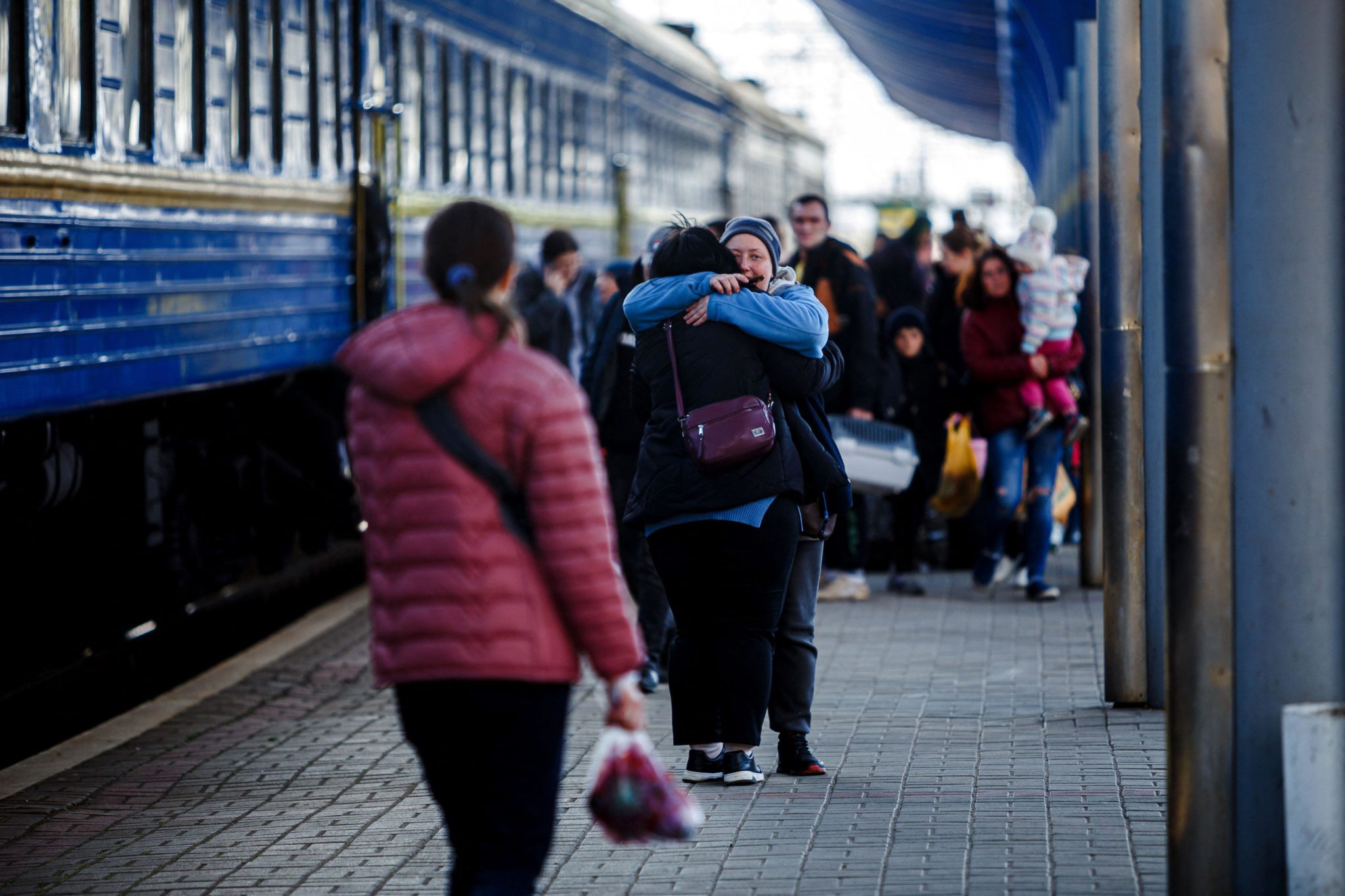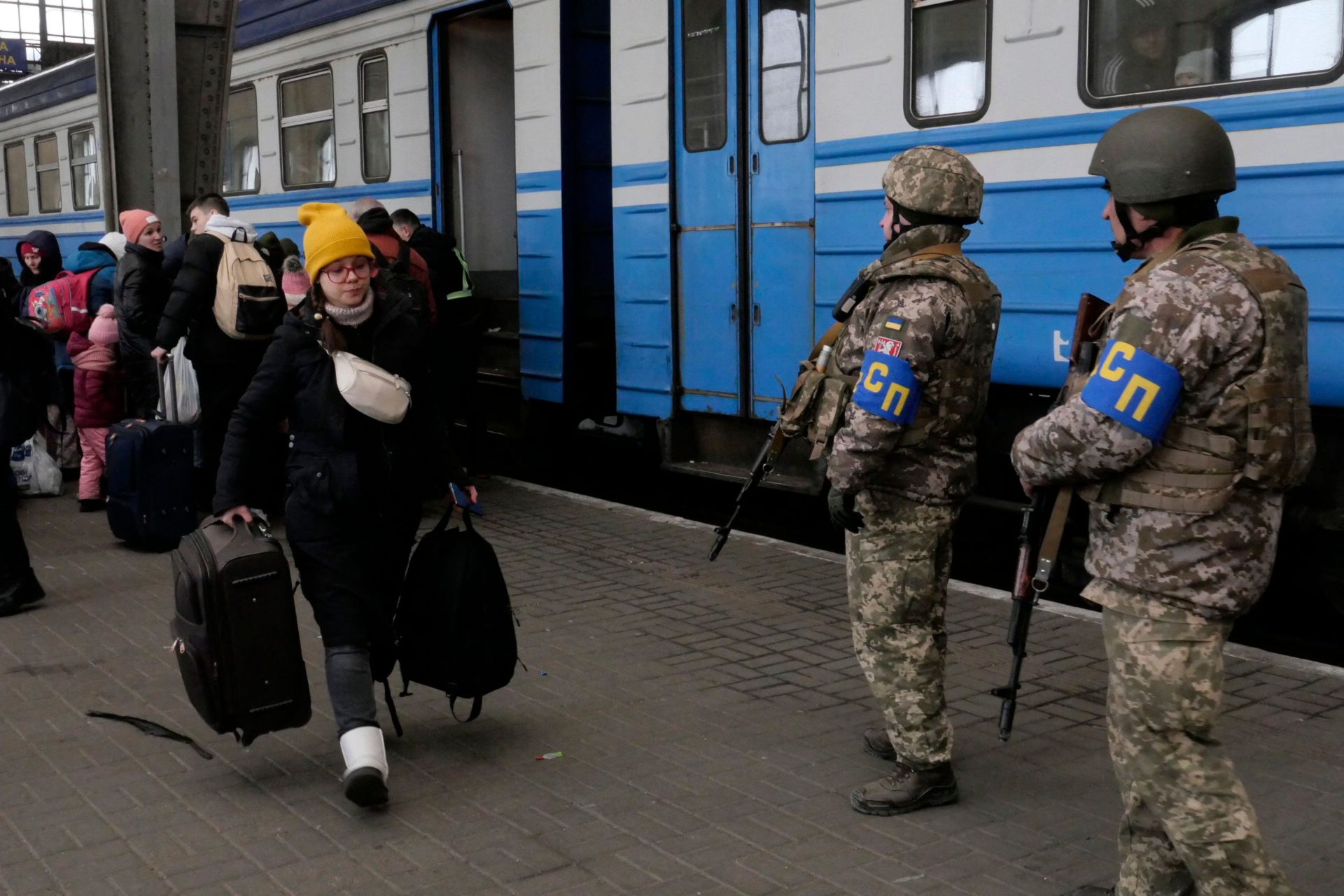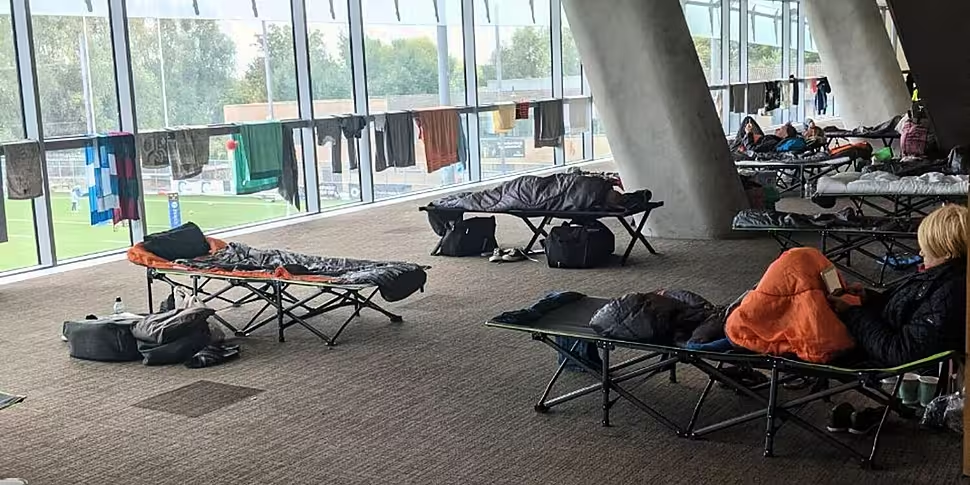Accommodation providers are treating refugees differently depending on where they come from, a migrant rights organisation has claimed.
This year has seen a huge surge in the number of people arriving in Ireland seeking refugee status.
At the beginning of October, nearly 55,000 Ukrainians had arrived and there has also been an eight-fold increase in the number of people seeking international protection here - due to the end of international travel restrictions.
However, Nasc, the Migrant & Refugee Rights Centre in Cork, has said that Ukrainians are receiving preferential treatment.
“I think there are definitely elements in the far right that are trying to stoke up racism and trying to promote this narrative of men being less deserving of protection,” Nasc Chief Executive Fiona Hurley told Newstalk Breakfast.
“We saw that dreadful incident in Finglas at the end of the summer where the windows of the building that people were in were smashed in and threats were made about arson - that’s completely deplorable.
“So, I don’t want to discount racism; we need to ask really frank questions [about] why accommodation providers are saying to the Government that they’ll accept Ukrainian refugees but maybe not international protection applicants from other countries.”
 People hug at the railway station of Uzhhorod, western Ukraine, 08-04-2022. Image: Abaca Press / Alamy Stock Photo
People hug at the railway station of Uzhhorod, western Ukraine, 08-04-2022. Image: Abaca Press / Alamy Stock Photo'Good' versus 'bad' refugees
She added that there is often a view that certain refugees are more deserving than others, with those who have fled from certain countries favoured because they are stereotyped as more educated or more genuinely in need of help.
“We’ve seen this before at the height of the humanitarian crisis in 2015, when Syrian refugees were seen as ‘real refugees’,” she said.
“We lost count of the amount of times of how Syrians were [described as] professionals; they were engineers, they were bankers, they were doctors.”
Ms Hurley said the same thing has happened again; Ukrainians are viewed as more genuinely in need, while single men are often viewed with great suspicion.
“There’s rightly a huge amount of sympathy and solidarity for Ukrainian refugees,” she said.
“However, we shouldn’t let that lead us into a false narrative that anyone else - particularly single men - are ‘bad refugees’.”
 Lviv, Ukraine. 01st Mar, 2022. Ukrainians refugees from various parts of the country are flee Russia's invasion. Photo by Alfred Yaghobzadeh/ABACAPRESS.COM Credit: Abaca Press/Alamy Live News
Lviv, Ukraine. 01st Mar, 2022. Ukrainians refugees from various parts of the country are flee Russia's invasion. Photo by Alfred Yaghobzadeh/ABACAPRESS.COM Credit: Abaca Press/Alamy Live NewsThe solution, Ms Hurley believes, is simple: people just need to spend time with their new neighbours.
“One of the best ways to combat these perceptions of good versus bad is by getting to know people,” she said.
“So, moving away from this [idea] of a refugee and getting to know someone.”
Main image: Ukrainian refugees in the Aviva. Photo: Donal McNamee/Business Post









